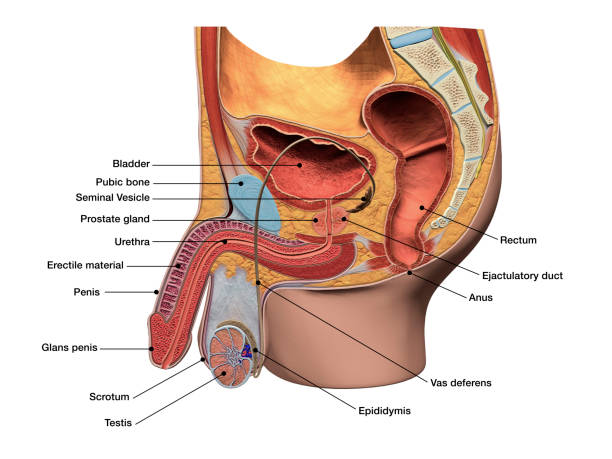Human sexual response, a subject as old as humanity itself, continues to captivate our curiosity and drive scientific inquiry. It’s a complex interplay of physiological, psychological, and emotional factors that shape our experiences and expressions of sexuality.
The human sexual response cycle:
The human sexual response cycle is a series of physiological and psychological changes that occur in the body during sexual arousal and activity. Understanding these phases can provide insight into the complexities of human sexuality and help individuals navigate their own experiences. Let’s delve into each phase to gain a comprehensive understanding of the sexual response cycle.
Excitement Phase: Arousing the Senses
The excitement phase marks the onset of sexual arousal and anticipation. During this phase, the body undergoes several changes in response to sexual stimuli. Blood flow to the genital area increases, leading to engorgement of erectile tissue in males and lubrication of the vaginal walls in females. Heart rate and respiration may also accelerate as the body prepares for sexual activity. Additionally, there is often a heightened sense of pleasure and sensitivity to touch as nerve endings become more responsive. Emotionally, individuals may experience feelings of desire, attraction, and anticipation, further fueling the arousal process. Overall, the excitement phase sets the stage for further sexual exploration and intimacy.
Plateau Phase: Reaching the Climax of Arousal
As sexual arousal continues to intensify, individuals enter the plateau phase, characterized by a sustained level of heightened arousal. Physiologically, this phase is marked by further increases in muscle tension, genital engorgement, and sensitivity to touch. The body reaches a state of readiness for orgasm, with sensations building to a peak. Communication and exploration become crucial during this phase as partners seek to enhance pleasure and deepen intimacy. Emotionally, individuals may feel a strong sense of connection and anticipation as they approach the climax of sexual activity. The plateau phase represents a stage of heightened arousal and anticipation, laying the groundwork for the next phase of the sexual response cycle.
Orgasm Phase: The Ecstasy of Release
The orgasm phase represents the peak of sexual arousal and is accompanied by intense physical and emotional sensations. During orgasm, rhythmic contractions occur in the genital muscles, resulting in waves of pleasure and euphoria. In males, this often coincides with ejaculation, while in females, it may involve contractions of the pelvic muscles. The orgasm phase is a culmination of the sexual response cycle, providing a release of tension and a profound sense of satisfaction. Emotionally, individuals may experience a moment of profound connection with their partner, as they share in the experience of pleasure and release. The orgasm phase is a powerful and transformative aspect of human sexuality, contributing to feelings of intimacy and fulfillment.
Resolution Phase: Coming Down from the Peak
Following orgasm, the body enters the resolution phase, where physiological changes gradually return to their baseline state. Heart rate, blood pressure, and respiration decrease, and muscle tension subsides as the body relaxes. In males, there is typically a refractory period during which further arousal and orgasm are temporarily inhibited. In females, multiple orgasms may be possible without a refractory period. Emotionally, individuals may experience feelings of contentment, closeness, and relaxation as they bask in the afterglow of sexual activity. The resolution phase represents a return to equilibrium, signaling the completion of the sexual response cycle.
Source:
Discovery Health and Cleveland Clinic

